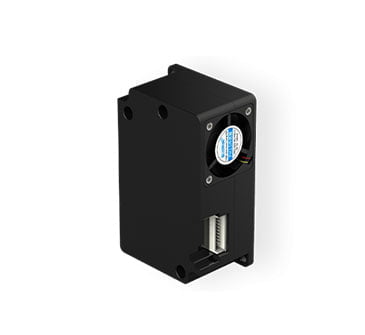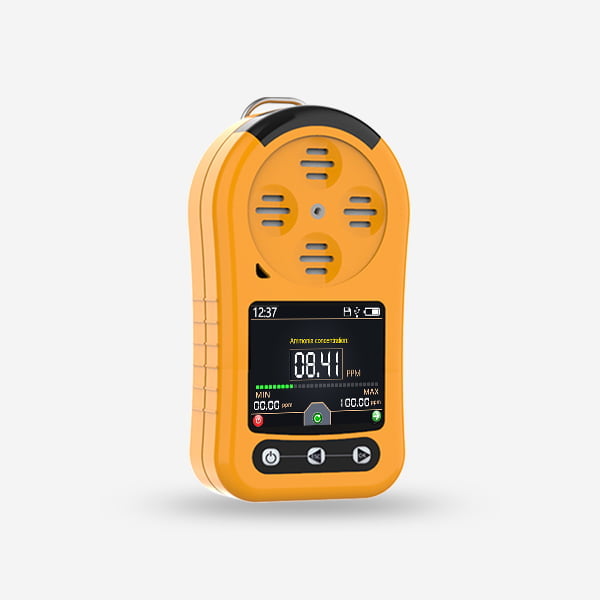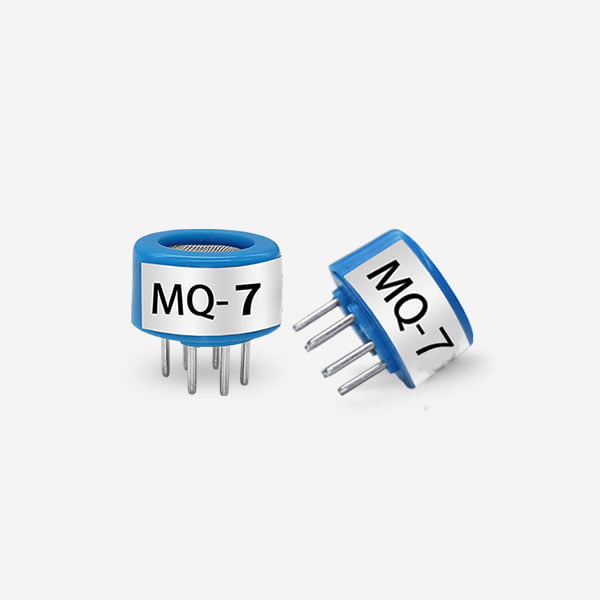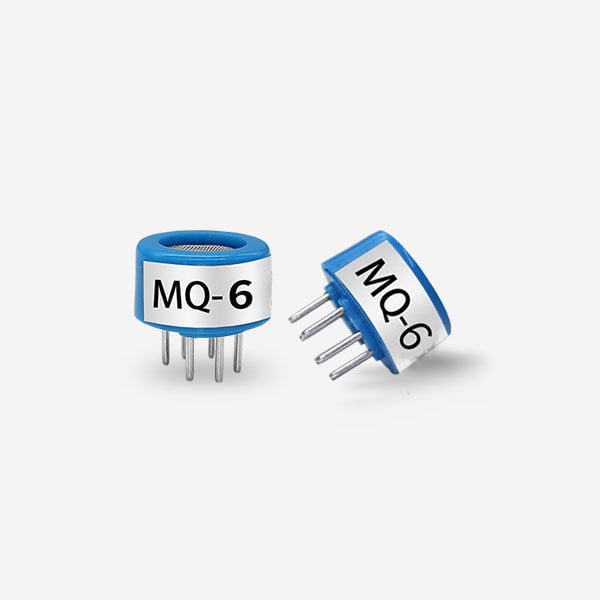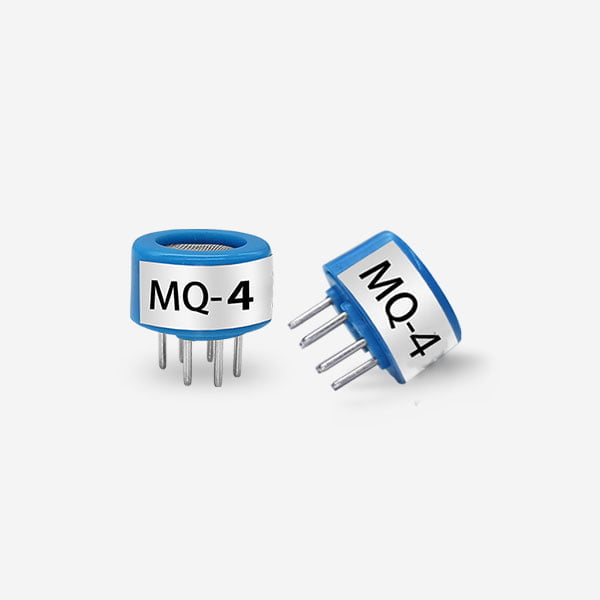Hydrogen sensor are a valuable tool for assessing the quality of hydrogen fuel.Hydrogen is a clean-burning fuel that has the potential to revolutionize the transportation industry. However, the quality of hydrogen fuel is critical to ensuring the safety and performance of hydrogen fuel cell vehicles (HFCVs).
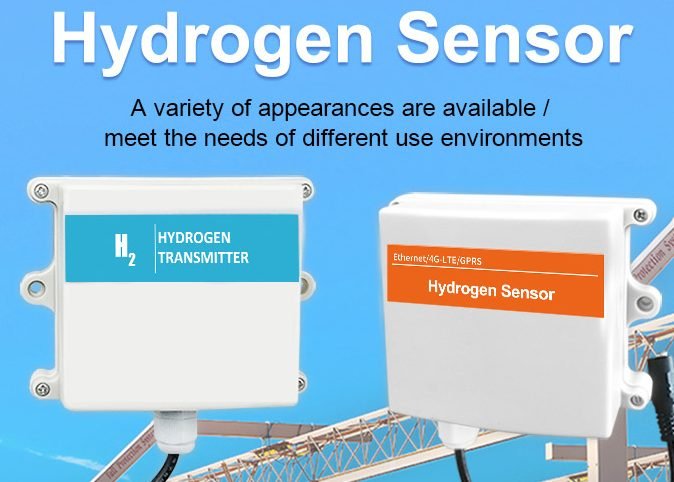
How hydrogen sensors work
Hydrogen sensor work by detecting the presence of hydrogen gas in a sample. There are a variety of different technologies that can be used to detect hydrogen, including:

Palladium sensing: Palladium is a metal that is highly reactive to hydrogen. When hydrogen gas comes into contact with palladium, it forms a layer of hydrogen atoms on the surface of the palladium. This layer of hydrogen atoms can be detected by measuring a change in the electrical properties of the palladium.
Metal oxide sensing: Metal oxides are materials that can change their electrical properties when they come into contact with certain gases. Some metal oxides are sensitive to hydrogen gas.
Semiconductor sensing: Semiconductors are materials that can conduct electricity under certain conditions. When hydrogen gas comes into contact with a semiconductor, it can change the electrical properties of the semiconductor.
Advantages of hydrogen sensor
Hydrogen sensors have a number of advantages over other methods of assessing hydrogen fuel quality. These advantages include:
Real-time monitoring: Hydrogen sensors can provide real-time measurements of the hydrogen concentration in a sample. This allows for quick and accurate assessment of the quality of hydrogen fuel.
Portability: Hydrogen sensors are typically small and portable. This makes them easy to use in a variety of settings, such as fuel stations, manufacturing facilities, and research laboratories.
Cost-effectiveness: Hydrogen sensors are relatively inexpensive to purchase and operate.
Applications of hydrogen sensors
Hydrogen sensors are used in a variety of applications, including:
- Fuel cell vehicle safety: Hydrogen sensors can monitor the hydrogen concentration in the fuel cell of an HFCV. This can help to prevent fuel cell failures and other safety hazards.
- Fuel quality control: Hydrogen sensors can monitor the hydrogen concentration and purity in hydrogen fuel. This can help to ensure that hydrogen fuel meets the required specifications.
- Environmental monitoring: Hydrogen sensors can monitor hydrogen emissions from industrial facilities and other sources. This can help to protect the environment.
Conclusion
Hydrogen sensors are a valuable tool for assessing the quality of hydrogen fuel. They are accurate, portable, and cost-effective. People use hydrogen sensors in areas including fuel cell vehicle safety, fuel quality and environmental monitoring.
